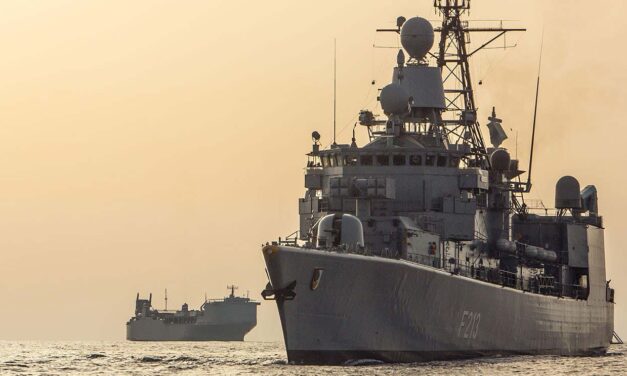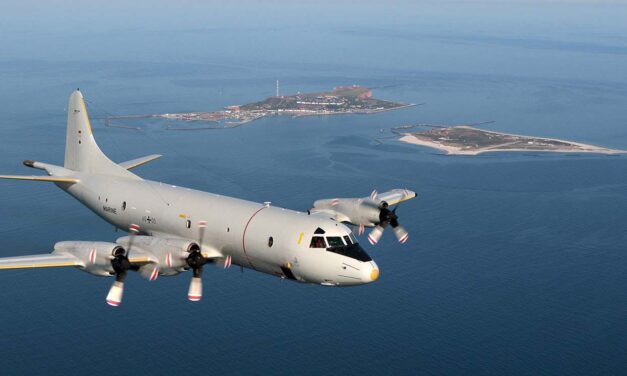1TP5Understanding the sea: China's Silk Road Initiative - An Opportunity?
At the beginning of September, the special edition "griephan Edition 2017" - produced by griephan in cooperation with the Federation of German Industries (BDI) - was published with the theme "The challenge of global trade - setting standards creates markets". The issue includes articles on China's Silk Road Initiative, the G20's protectionist reflexes, free trade as an expression of free societies and the Port of Duisburg, the current starting and finishing point of the Silk Road. The Silk Road Initiative, consisting of the continental "Silk Road Economic Belt" and the "Maritime Silk Road of the 21st Century", is Beijing's geostrategic concept to link Africa, Asia and Europe and the seas that connect them for trade. The Chinese approach can be described as "strategic synchronisation", meaning the integrated use of diplomatic, economic policy and military strategy instruments. The principle of "flag follows trade" applies here, meaning that the Chinese military initially plays a subordinate role, for example by participating in stabilisation missions at important hubs such as Djibouti. In Germany, the first question to ask is whether participation in strategic cooperation with China has been neglected for too long. It has become clear that China has taken the strategic initiative into its own hands and is successfully setting the agenda. The current Silk Road initiative has the potential to shift the existing balance of power and create long-term dependencies. However, this realisation should not lead to a fundamental defensive reaction. Anyone who opposes the Silk Road initiative for national or even...
Read More



Latest comments